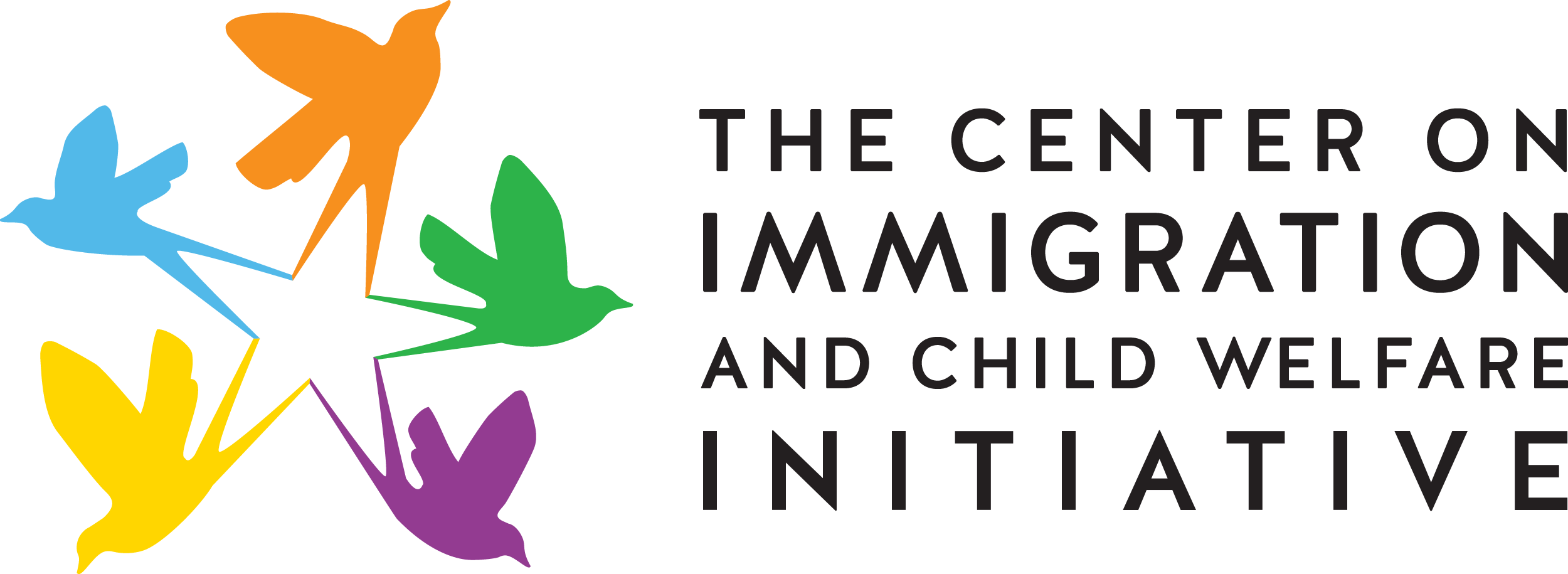Were You Separated From Your Child?
Women’s Refugee Commission (September 2020)
The Women’s Refugee Commission, Kids in Need of Defense (KIND), Justice in Motion, and the law firm Paul, Weiss, Rifkind, Wharton & Garrison LLP formed a court-appointed Steering Committee as a result of the Ms. L v. ICE class action lawsuit. This lawsuit was filed by the American Civil Liberties Union (ACLU) in 2018 to try and halt the separation of parents and children as they arrived in the United States. The Steering Committee is still attempting to locate parents that were separated from their children. This flyer provides a toll-free number for parents to call in an attempt to reunite families.

